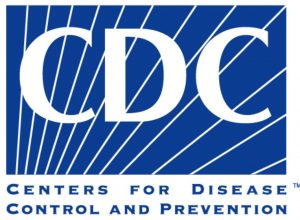
Carlo Croce, a professor at The Ohio State University in Columbus who has faced multiple investigations into misconduct allegations, has been denied a temporary restraining order that he sought in order to be reinstated as chair of his department.
Croce was forced to step down from the post last year. Magistrate Jennifer D. Hunt, of the Franklin County civil court, wrote in a January 23 decision that
third parties and the public interest will be harmed if a temporary restraining order is granted and Dr. Croce is reinstated as Chair.
Croce, OSU said Continue reading Carlo Croce loses a round in legal bid to be reinstated as dep’t chair




 As we’re fond of repeating, sunlight is the best disinfectant. Which doesn’t jibe with the findings in an eye-catching 2018 paper that found people were less fearful of catching a contagious illness if they were in a dark room or were wearing sunglasses.
As we’re fond of repeating, sunlight is the best disinfectant. Which doesn’t jibe with the findings in an eye-catching 2018 paper that found people were less fearful of catching a contagious illness if they were in a dark room or were wearing sunglasses. 

